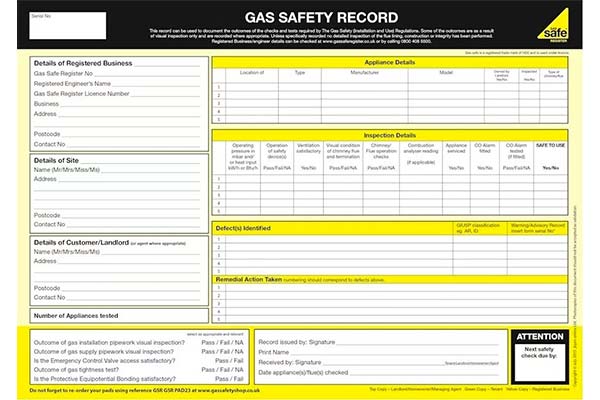Becoming a Landlord can be a pretty daunting idea, but it can also be a great decision to make financially.
With the correct plans/procedures in place moving into the Landlord space can be easy and problem free!

Renting out your property comes with pro’s and con’s, before making a decision it is important to know what is required from a Landlord and if you feel being a Landlord is something you can do.
Tip #1
Do the numbers
You need to be aware of how much money your property is likely to make you per month. If the figures stack-up then you are on the right path. The main thing is that you can cover your mortgage payments and leave enough for maintenance, insurance and tax, while still making a profit.
We advise using a property platform, such as rightmove.com or zoopla.com to look in your area for similar properties and using these figures as a guide. You can look at all aspects of these properties and compare them to your own.
It is also a good idea to get an agent to organise a rental valuation on your home.
Tip #2
Talk to your mortgage provider
Your mortgage provider needs to know that you have the intention of renting out your property. Depending on the type of mortgage you have you may have to make some alterations.
If you fail to alert your provider you leave yourself open to risk of harsh penalties. Some mortgage lenders have been known to utilize rather inventive ways of finding out if your property has been put on the rental market. Checking the electoral roll, social media and online lettings portals are just a few of them.
Tip #3
Ensure you are compliant and in-keeping with regulations and legislation
The responsibility of ensuring your property is safe and suitable for tenants falls solely on you the landlord.
The basic needs for a rental property are:
- Fire safety certificate
- Gas safety certificate
- EPC
- Electrical safety tests
- Tenant deposit protection
- Right to rent checks
This may seem like a lot but a good Lettings Agent can aid you get all these things in place quickly and easily, way may know a good one….

Tip #4
Consult a Lettings Agent
Letting agents can be a great resource for new landlords. Not only should they be up-to-date with current lettings regulations and legislation but they can also offer advice on achievable rents in the current rental market, as well as how to present your property to give it the best chance of letting quickly to good tenants. If any refurbishment is required they may also be able to project manage such work on your behalf, or put you in contact with recommended contractors who already have a proven track record with the agent. It’s in the agent’s best interest to have your property rented out to good tenants and they’ll want to inform you of the best way of achieving this.

Tip #5
Research tax and what you need to do
When you begin renting out your property, you should inform HMRC as tax may be payable on your rental income. Failing to do this could result in a tax penalty and if left too late, the tax bill for your rental property could be a nasty surprise. Informing HMRC from the off will give you more time to prepare saving up for any tax bill, record outgoings, and work out how you are going to submit your tax return.
Tip #6
Look into and purchase Landlord insurance
Normal home insurance is not designed for rental properties so your current policy will differ from that of a landlord’s insurance. Purchasing landlord’s insurance may be more expensive than normal household insurance but it will ensure you are fully protected as a landlord. It may also be worthwhile considering an insurance policy that covers loss of rent, although most reputable letting agents will offer a guaranteed rent scheme they are familiar with.

